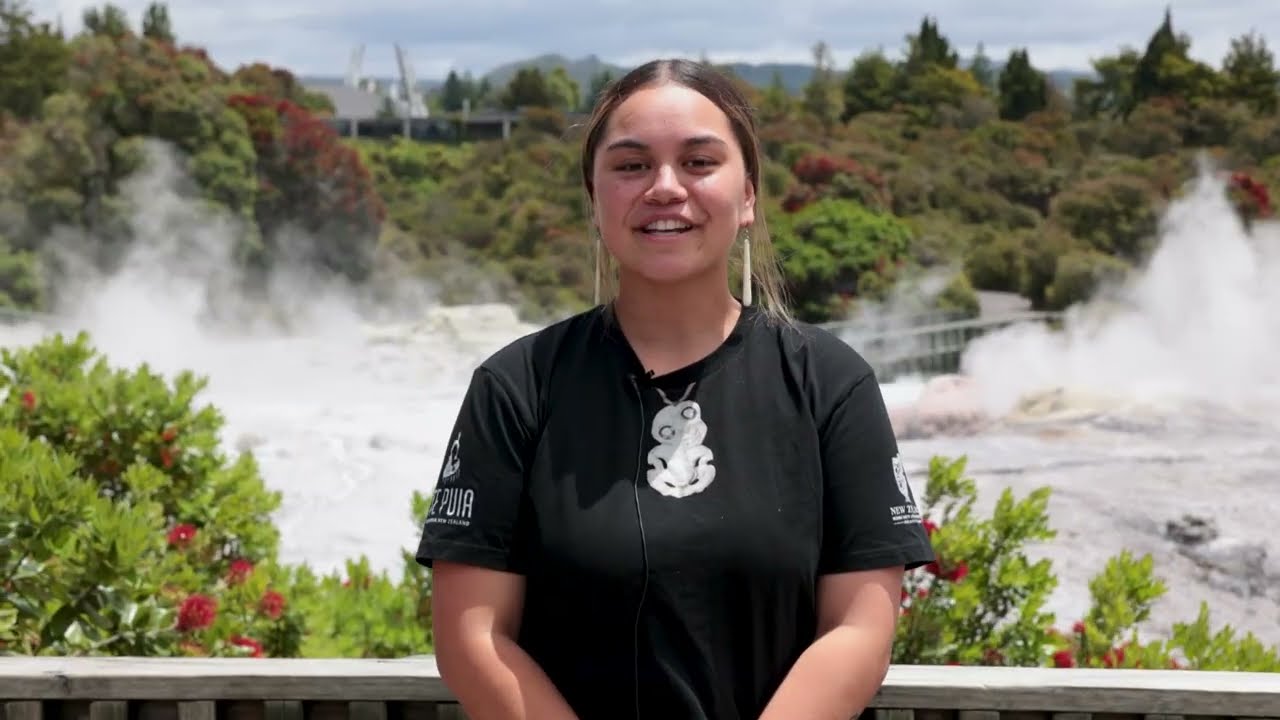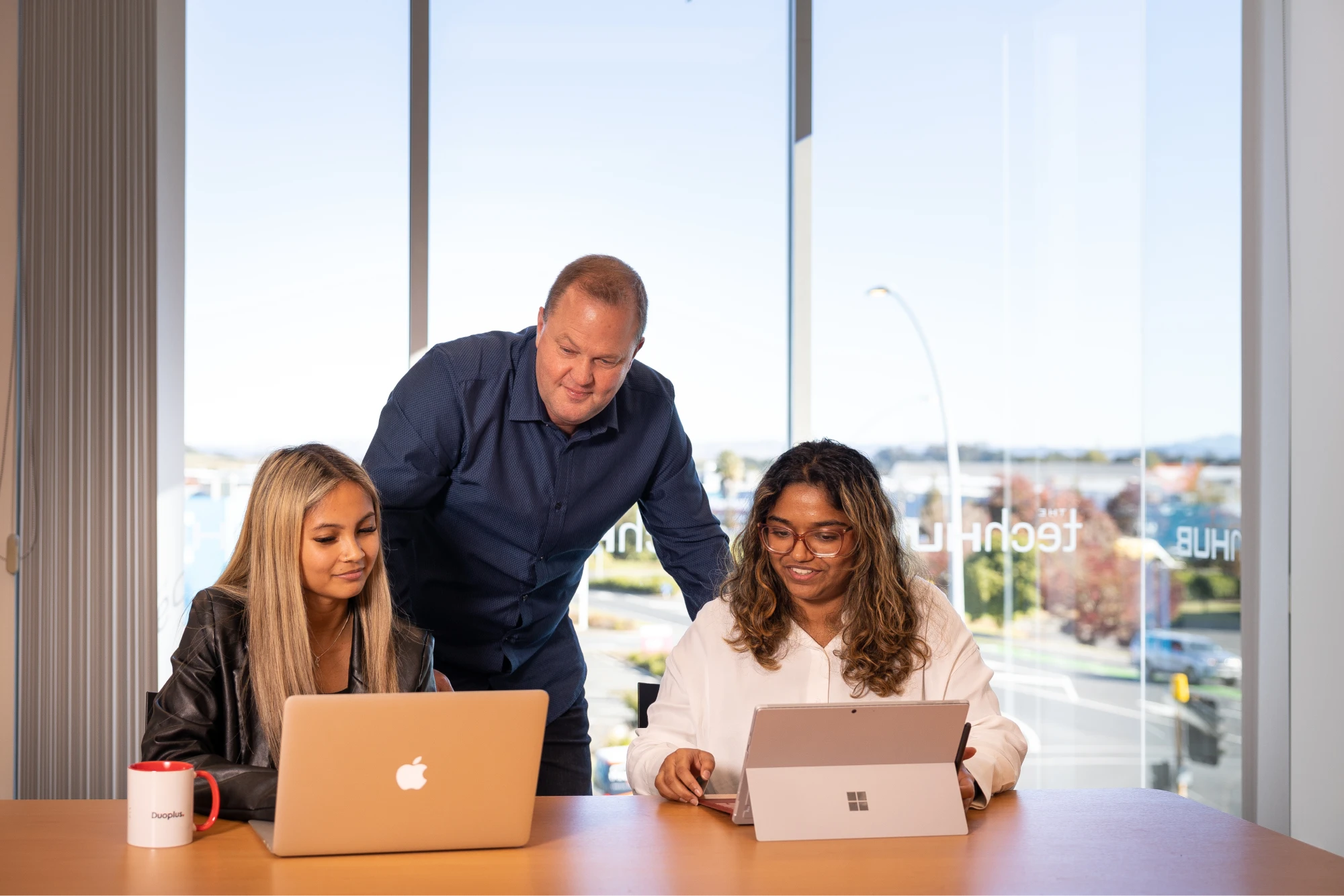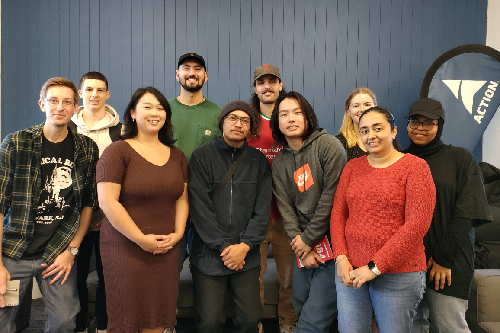Work-Integrated Learning
Get real-world experience! Work-Integrated Learning (WIL) lets you apply your studies in professional settings, boosting your career skills and network.
Connecting your degree to your career
WIL is a compulsory component of all University of Waikato undergraduate degrees, designed to bridge the gap between classroom learning and workplace application.
As you near the end of your second year of study, contact your school to find out more specific information about the WIL requirements of your degree.
WIL structure
At Waikato, you can complete your WIL requirement through either:
- Work placements: Supervised, hands-on experience in an organisation
- Work-related projects: Real-world challenges provided by industry partners that you can solve individually or in teams
Your academic department will provide specific details about WIL options for your degree programme.
Benefits
Student benefits
Through WIL, you'll develop essential professional skills that employers are looking for — from communication and teamwork to problem-solving and digital literacy.
You'll have the chance to apply your academic knowledge in real-world settings, build your professional network, and gain valuable experience to highlight on your CV, as well as:
- Enhance theoretical learning from lectures with experiential learning.
- Apply your theoretical knowledge to real life experiences.
- Create a link between your academic learning and professional future.
- Exposure to professional people, organisations and cultures.
- Develop your professional identity and competencies.
- Advance your professional skills.
- Increase your graduate opportunities.
Many students find that WIL experiences help clarify their career goals and sometimes even lead to job offers.
Partner organisational benefits
Employers value fresh perspectives and innovative ideas from University of Waikato students. Your participation provides additional support within their business while providing them connection with potential future employees. Many partner organisations view WIL as a valuable talent pipeline and professional development opportunity.
Learn more about organisations partnering with WIL at the University.
Work Integrated Learning at Te Puia
Work Integrated Learning is an essential and exciting part of your degree programme. Listen to Manaia Lewis-Wano talk about her WIL placement experience at Te Puia.

Work Integrated Learning FAQs
The University has developed a range of papers in each School and qualification that will meet your degree’s work-integrated learning (WIL)requirements. Your School's WIL Contact (often part of the enrolments and programme team) is the best person with whom to discuss what opportunities are available to you, as this will depend on the requirements or options within your degree.
A placement or internship involves immersion in the workplace, so you need to be able to meet the time commitments required by the paper. A work-related project does not necessarily require you to be located at the organisation. Depending on what options are available in your degree, it may also be undertaken as an individual project, group project or class project. In addition, the university also provides a pan-divisional programme The Impact Lab – which is a multi-disciplinary team challenge working on solving issues for organisations and communities with sustainable outcomes To find out more about The Impact Lab, click here.
Check out the WIL paper options. More information on these specific WIL papers and your options can be found below on your School web page.
Many projects and placements will be made available on the University's MyWIL platform where you can apply for these opportunities,. You may propose your own work placement or project,. however please speak to your School WIL contact prior to approaching any organisation.It is possible that they will already have made contact or have a previous partnership with the University.
This can vary depending on the paper and the work that is required. Placements can range between 60 and 400 hours. Work-related projects may only require in-class lectures and email communication with the partner organisation.
The WIL papers specified in your degree planner will count towards your qualification. Papers are either 15 credits or 30 credits, in some cases you may be able to take more than one WIL paper in your qualification. You will need to speak to your WIL contact to find out if this is a possibility.
Yes, volunteering can count towards WIL, but it will need to:
- be pre-approved
- relate to your degree
- meet the learning outcomes of the paper including time requirements and assessments.
The University of Waikato begins to prepare you for your work placement or work-related project from your first day in your first year. The theoretical knowledge you accumulate during your time at the University is a key aspect in developing your practical and professional skillset.
You will also have the support of the Careers Development Team in getting work-ready.
While you are out in placement or engaging with a partner organisation, the University expects that you to maintain professionalism and behave in a way appropriate to a representative of the University of Waikato.
You will be required to sign a student statement which is available from your School's relevant WIL contact. The statement covers:
- Adherence to the University Student Code of Conduct
- Intellectual property rights
- Confidentiality
- Responsibility for your learning
- Attendance and Assessment
- Health and Safety
- Engaging with the partner organisations policies and guidelines
There are some instances where you might need to work remotely with either your academic supervisor or your workplace supervisor. For guidance about what this means, what you need to consider, and what you should do, read our information about flexible learning.
Please contact your school in the first instance to find out more specific information about the WIL requirements of your degree.

Industry & partners
Attract talented grads, develop staff, partner with University for research and philanthropy. Learn more about shaping the future workforce with us.


